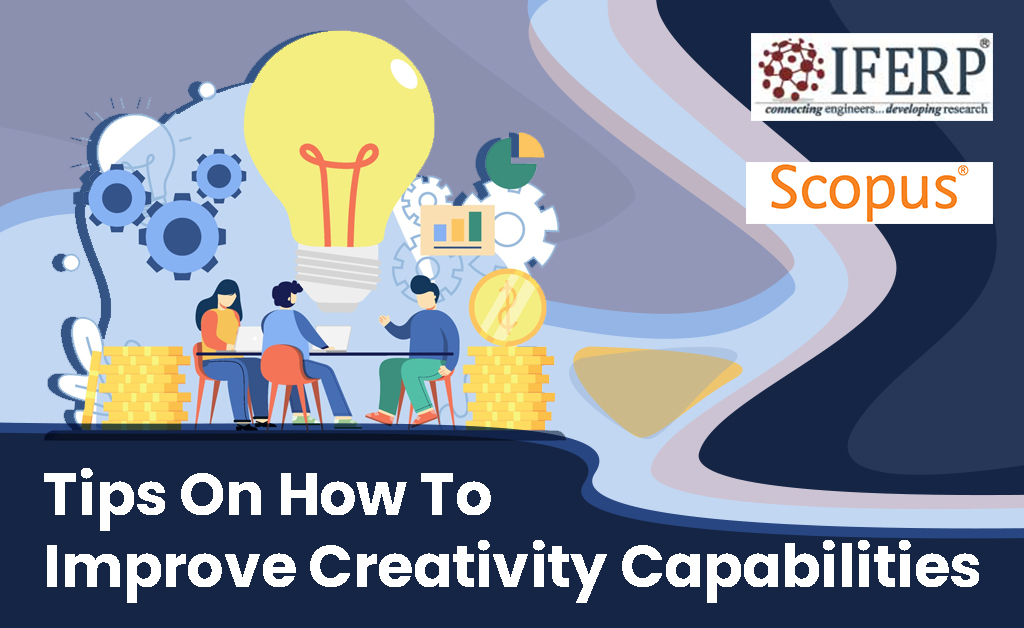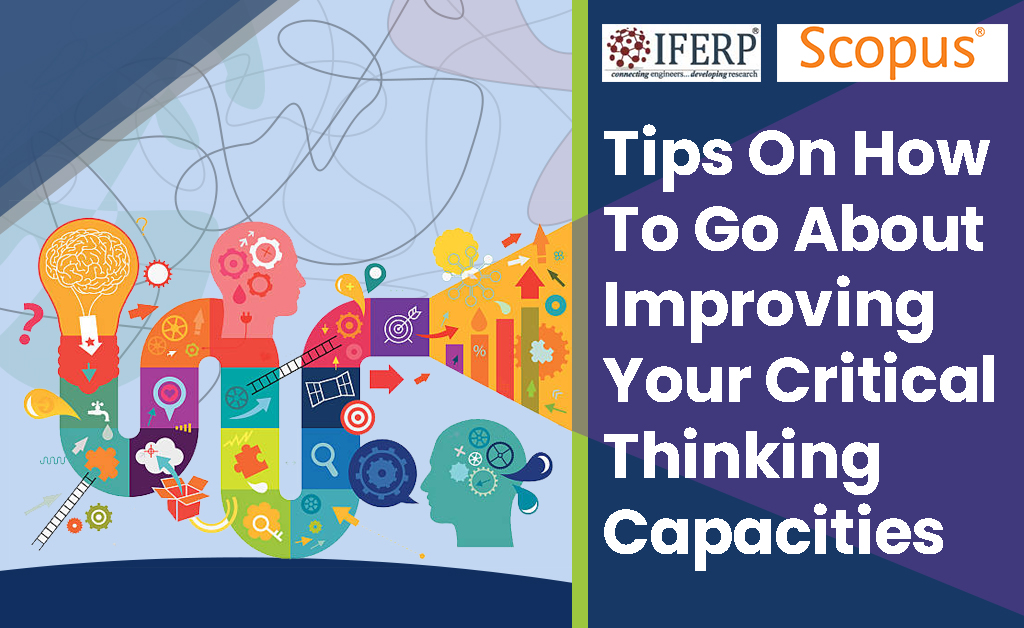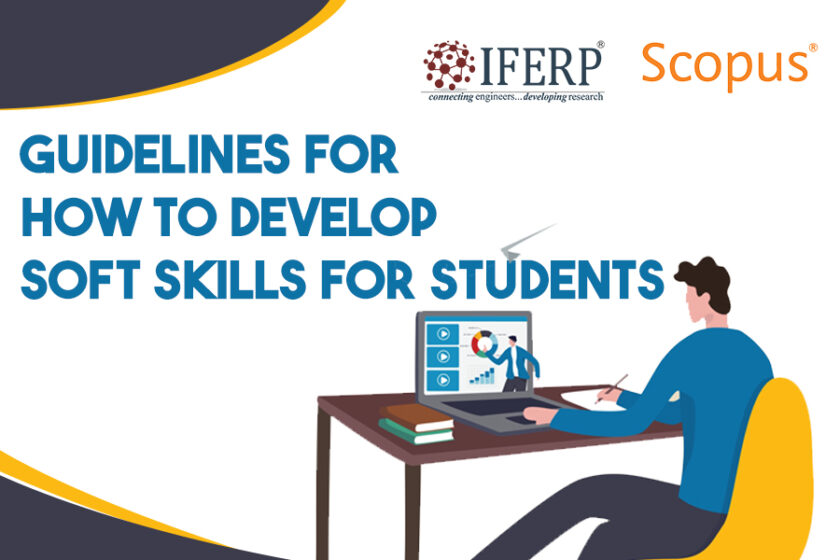In today’s job market, technical skills and academic qualifications are no longer enough for students to secure their desired career paths. Employers are looking for individuals who possess strong soft skills, including communication, problem-solving, the ability to collaborate, and leadership. These skills are crucial for success in any career, and their absence can limit career growth and opportunities. Therefore, it’s vital for students, especially postgraduates, to develop their soft skills to increase their employability and change their career trajectory for the better. In this article, we’ll explore how soft skill development can benefit students and offer practical tips on how to enhance these skills to achieve career success.
- Skill #1
The Ability To Network & Forge Connections
- Networking is an essential aspect of career success, particularly for postgraduate students who are looking to enter the workforce or advance their careers.
- As a postgraduate student, it is vital to develop your networking skills to increase your professional visibility and gain access to a wealth of career opportunities.
- Networking enables postgraduate students to expand their professional connections and build relationships with people in their field.
- These connections can lead to new job opportunities, industry insights, and access to valuable resources.
- Networking is particularly important for postgraduate students who are just starting their careers, as they may not have an established professional network.
- By attending networking events and connecting with others in their field, postgraduate students can start building a network of contacts that will be valuable throughout their careers.
- Networking event provides an opportunity for postgraduate students to learn about different industries and job roles.
- Through networking, postgraduate students can gain insight into what employers are looking for and how they can improve their skills and knowledge to be more competitive in the job market.
- Networking events also provide an opportunity to hear from industry experts and learn about emerging trends and innovations. Get best skill development program details right here.

- Tips On How To Improve Networking Capabilities
- Now that the significance of networking for postgraduate students has been established, it’s time to move on to the steps that students can take to improve their networking capabilities.
- Attending Networking Events
- Postgraduate students should attend industry events and conferences to meet people in their field and learn about new opportunities.
- This provides an opportunity to meet potential employers, connect with other professionals, and gain valuable knowledge about the industry.
- Joining Industry-Specific Groups
- Postgraduate students should join professional organizations and groups that are relevant to their field.
- This provides an opportunity to meet like-minded professionals and gain access to industry-specific resources and information.
- For educators, learning about various faculty exchange program benefits can help prove to be convincing enough to want to take part in an upcoming event.
- Leveraging Social Media
- Social media platforms like LinkedIn provide an opportunity for postgraduate students to connect with professionals in their field.
- Students should ensure that their LinkedIn profile is up-to-date and reflects their professional accomplishments and goals.
- Building Meaningful Relationships
- Networking is all about constructing relationships, not just swapping business cards.
- Postgraduate students should take the time to connect with others in their field and build meaningful relationships based on mutual respect and shared interests.
- Following Up
- Following up after a networking event or meeting is crucial to building and maintaining relationships.
- Postgraduate students should send a personalized message to thank the individual for their time and express their interest in staying connected.
- Look up our list of faculty development programs to find an event taking place near you.
- Skill #2
Creativity & The Ability To Innovate
- Creativity is often regarded as a skill that is exclusive to artists and musicians, but it is a critical soft skill for success in any field, including postgraduate studies.
- Creativity has to do with the ability to think differently to solve challenges and come up with innovative solutions to complex problems.
- Detailed below are all the reasons why creativity is so crucial for postgraduate students, along with steps that they can take to improve their creative abilities.
- Why Are Creativity & The Capacity To Innovate So Crucial?
- Creative Thinking Leads to Unique Solutions
- Postgraduate students need to solve complex problems in their academic and professional lives.
- Creativity is a crucial skill that enables students to think differently and approach these problems from a unique perspective.
- Creative thinkers can identify new ways of addressing problems that others might have missed.
- Standing Out from the Crowd
- Postgraduate students who possess creative skills stand out from the crowd.
- Creativity is an essential soft skill that employers look for in job candidates.
- It shows that the student can think outside the box, innovate, and come up with unique solutions.
- Promotes Innovative Thinking
- Innovation is crucial in all fields, especially in a world that is rapidly evolving.
- Postgraduate students who possess creative skills can think innovatively and come up with new ideas.
- These students can play an essential role in driving innovation in their respective fields.
- Tips On How To Improve Creativity Capabilities
- Embracing Curiosity
- Curiosity is the first step toward developing creative skills.
- Postgraduate students should cultivate a sense of curiosity and wonder about the world around them.
- They should question everything, explore new ideas and concepts, and challenge assumptions.
- Practicing Brainstorming
- Brainstorming is a valuable tool that helps to generate new ideas.
- Postgraduate students should practice brainstorming regularly, either alone or with a group of peers.
- They should aim to generate as many ideas as possible without judging them and then evaluate and refine the most promising ideas.
- Engaging In Creative Activities
- Engaging in creative activities like illustration, writing, or playing music can help postgraduate students develop their creative skills.
- These activities provide an opportunity to explore different forms of expression and stimulate the imagination.
- Reading Voraciously
- Reading widely exposes postgraduate students to different perspectives and ideas, which can inspire creativity.
- They should read books, articles, and blogs on a variety of topics, including those outside their field of study.
- This will give them a broader perspective, which can lead to innovative solutions.
- For access to crucial education and career resources to help you with this, get in touch with IFERP today!
- Collaborating With Others
- Collaboration is a powerful way to spark creativity.
- Postgraduate students should seek out opportunities to work with others from different backgrounds and disciplines.
- This can provide a fresh perspective on problems and lead to new and innovative solutions.
- Find a student chapter near you to be a part of and explore opportunities for collaboration.
- Skill #3
Critical Thinking Capacities
- Critical thinking is an essential skill for students, especially those in postgraduate studies.
- In today’s fast-paced and complex world, students need to develop the ability to analyze information, evaluate evidence, and make informed decisions.
- One of the IFERP student memberships benefits is that students get exclusive access to resources that allow them to hone their critical thinking abilities.
- Why’s Critical Thinking Vital For Students?
- Helps In Analyzing Information
- Postgraduate studies require students to analyze large amounts of information from various sources, including books, journals, and online resources.
- Critical thinking skills make it possible for students to assess information critically, determine the credibility and reliability of sources, and identify any biases or errors.
- This skill is vital for postgraduate students who need to develop their own ideas, theories, and arguments.
- Promotes Independent Thinking
- Critical thinking skills enable students to think independently, evaluate evidence objectively, and draw conclusions based on evidence.
- This ability is crucial in postgraduate studies, where students need to develop their own research questions, design studies, analyze data, and draw conclusions.
- Critical thinkers can also identify gaps in the existing literature and develop new approaches to address research questions.
- Helps In Problem-Solving
- Postgraduate students often face complex problems that require critical thinking skills to solve.
- Critical thinkers can break down complex problems into smaller, more manageable parts and analyze each part systematically.
- They can identify patterns, relationships, and potential solutions that others may overlook.
- This skill is valuable in academic research, as well as in the workplace, where employees need to solve complex problems to improve organizational performance.

- Tips On How To Go About Improving Your Critical Thinking Capacities
- Questioning Assumptions
- Critical thinkers question assumptions and are skeptical of arguments presented to them.
- Postgraduate students should practice questioning assumptions by asking questions like –
- “What is the evidence for this claim?” or
- “What is the underlying logic behind this argument?”
- This approach helps to identify any biases or errors in the argument and develop a more informed perspective.
- Seeking Out Diverse Perspectives
- Postgraduate students should expose themselves to diverse perspectives by reading widely, attending lectures, and engaging in discussions with peers from different backgrounds.
- This helps to broaden their perspective and enables them to see problems from multiple angles.
- By considering different viewpoints, postgraduate students can develop a more nuanced understanding of intricate challenges and make more informed decisions.
- Analyzing Arguments
- Critical thinkers analyze arguments by evaluating the evidence, the logic, and the assumptions underlying them.
- Postgraduate students should practice analyzing arguments by breaking them down into their component parts and evaluating each part critically.
- This approach helps to identify any weaknesses in the argument and develop a more informed perspective.
- Practicing Reflective Thinking
- Reflective thinking involves reflecting on one’s own experiences, evaluating them critically, and drawing lessons from them.
- Postgraduate students should practice reflective thinking by asking themselves questions like –
- “What did I learn from this experience?” or
- “How can I apply what I learned in future situations?”
- This approach helps to identify any biases or errors in their own thinking and develop a more informed perspective.
- Seeking Out Feedback
- Postgraduate students should seek out feedback on their ideas, theories, and arguments from peers, professors, and mentors.
- Feedback can help students identify any biases or errors in their thinking and improve their critical thinking skills.
- By seeking out feedback, postgraduate students can also devise a more nuanced understanding of detailed issues and make more informed decisions.
- Skill #4
Emotional Intelligence Is Vital
- Emotional intelligence, or EI, is the capacity to recognize and manage one’s own emotions, as well as the emotions of others.
- It is a valuable soft skill that can help individuals achieve success in their chosen careers.
- People with high EI are better able to handle stress, communicate effectively, and build relationships.
- They are also more adaptable to change, have a positive outlook, and are better equipped to work in teams.
- Why’s Emotional Intelligence So Crucial For Students?
- Enhances Academic Performance
- Postgraduate studies can be stressful and overwhelming, and emotional intelligence can help students manage their stress levels and stay focused on their academic goals.
- Emotional intelligence also helps students to communicate more effectively with professors, classmates, and colleagues and to work collaboratively on group projects.
- IFERP student memberships benefits help in this regard.
- Improves Relationships
- Postgraduate students often have to work in teams and collaborate with others, and emotional intelligence can help them navigate these relationships effectively.
- It can help students to comprehend and deal effectively with their own emotions, as well as those of others, leading to improved communication, conflict resolution, and teamwork.
- Boosts Career Prospects
- Employers today value emotional intelligence as much as technical skills.
- Postgraduate students who develop strong emotional intelligence skills are more likely to succeed in their careers, as they are better equipped to handle workplace challenges, communicate effectively with colleagues and clients, and lead teams.
- Tips On Enhancing Emotional Intelligence
- Practicing Self-Awareness
- Self-awareness is the foundation of emotional intelligence.
- Postgraduate students should take time to reflect on their emotions, identify their triggers, and understand how their emotions impact their behavior.
- Self-awareness can be developed through meditation, journaling, or simply taking a few minutes every single day to reflect on one’s emotions.
- Developing Empathy
- Empathy is the capacity to take cognizance of and share the feelings of others.
- Postgraduate students can enhance their empathy by putting themselves in others’ shoes, listening actively, and observing body language.
- Empathy can be developed through volunteer work, engaging in meaningful conversations with others, or simply paying attention to the emotions of those around you.
- Practicing Emotional Regulation
- Emotional regulation is the ability to manage one’s emotions effectively.
- Postgraduate students can practice emotional regulation by identifying their triggers, taking deep breaths, and reframing negative thoughts.
- Emotional regulation can be developed through mindfulness meditation, cognitive-behavioral therapy, or simply taking a few deep breaths before reacting to a stressful situation.
- Looking To Build Social Skills
- Social skills are the ability to communicate effectively, build relationships, and work collaboratively with others.
- Postgraduate students can improve their social skills by practicing active listening, speaking clearly and concisely, and expressing themselves assertively.
- Social skills can be developed through role-playing, joining a public speaking club, or participating in group activities.
- Soliciting Feedback
- Postgraduate students should seek feedback from others on their emotional intelligence skills.
- Feedback can help students to identify their strengths and weaknesses and devise a strategy for improvement.
- Feedback can be obtained from professors, mentors, or peers.
- Skill #5
Capacity To Communicate Across All Mediums
- Communication is arguably the most critical soft skill for students to develop, as it forms the foundation for all other soft skills.
- Effective communication is essential for building relationships, collaborating with others, and presenting ideas clearly and persuasively.
- It is also crucial for resolving conflicts, managing teams, and providing feedback.
- IFERP Workshops & courses offer convenient ways for students (as well as professionals) to enhance their capacities for communication.
- Tips On How To Go About Improving Communication Skills
- Listening Actively
- Listening keenly is the first step in effective communication.
- When someone is speaking, give them your full attention, avoid interrupting them, and ask clarifying questions to ensure you understand their message.
- This will help you respond appropriately and build stronger relationships.
- Being Clear & Concise
- When communicating with others, it’s important to be clear and concise.
- Avoid making use of jargon or excessively technical terminology and phrasing that may be confusing to others.
- Use simple language, and organize your thoughts before speaking to ensure you get your point across effectively.
- Practicing Non-Verbal Communication
- Non-verbal communication, such as body language, tone of voice, and facial expressions, can significantly impact how a message is received.
- Practice maintaining eye contact, using appropriate gestures, and adjusting your tone of voice to match the situation.
- Using Technology Effectively
- In today’s digital age, students must also develop effective communication skills using technology.
- This includes writing clear and concise emails, using proper grammar and spelling, and knowing how to use various communication platforms and tools, such as video conferencing software.
To succeed in today’s competitive job market, students must go beyond their academic qualifications and technical skills and develop a range of soft skills that are highly valued by employers. These soft skills, such as critical thinking, communication, creativity, emotional intelligence, and networking, can play a crucial role in shaping a student’s career trajectory.
By investing time and effort in developing these skills, students can set themselves apart from their peers and gain a competitive advantage in the job market. They will be better equipped to communicate effectively, think critically, work well in teams, and adapt to new challenges, which are essential skills for success in any career.
Moreover, soft skill development can help students achieve personal and professional growth, leading to higher job satisfaction and better opportunities for career advancement. They will be able to manage their emotions better, resolve conflicts, and build stronger relationships, which are all highly valued by employers.
In conclusion, developing soft skills is essential for students, especially postgraduates, to succeed in their careers. By enhancing critical thinking, communication, creativity, emotional intelligence, and networking skills, students can take control of their career trajectories, achieve their professional goals, and find greater fulfillment in their work.


